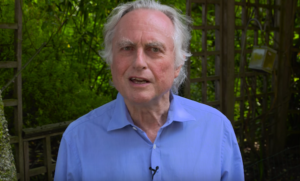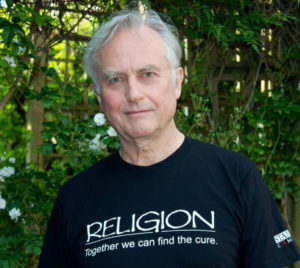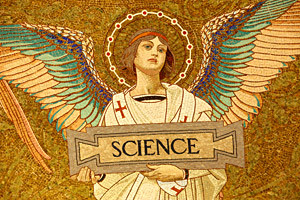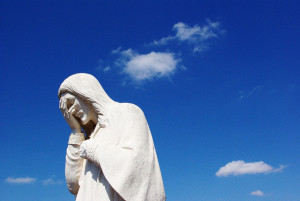As Christmas approaches, Christians around the world celebrate the birth of Jesus. While Christmas is typically thought of as a time of rejoicing and being with family, there is one aspect of Jesus’ birth that brings ridicule from some.
“I no more believe that Jesus was born of the virgin Mary than I believe that Krishna was born of the virgin Devaka, Horus was born of the virgin Isis, Mercury was born of the virgin Maia or Romulus was born of the virgin Rhea Sylvia… Christianity insults our intelligence as well as our innate morality by insisting that we believe absurdities that are drawn from the mythology of paganism and barbarism.”1
Christopher Hitchens
The Virgin Birth is an important Christian doctrine. But is it actually true? Or did Christians simply borrow it from other, pagan myths and use it as their own? As we head into the Christmas holiday, let’s take a look and find out. Continue reading










